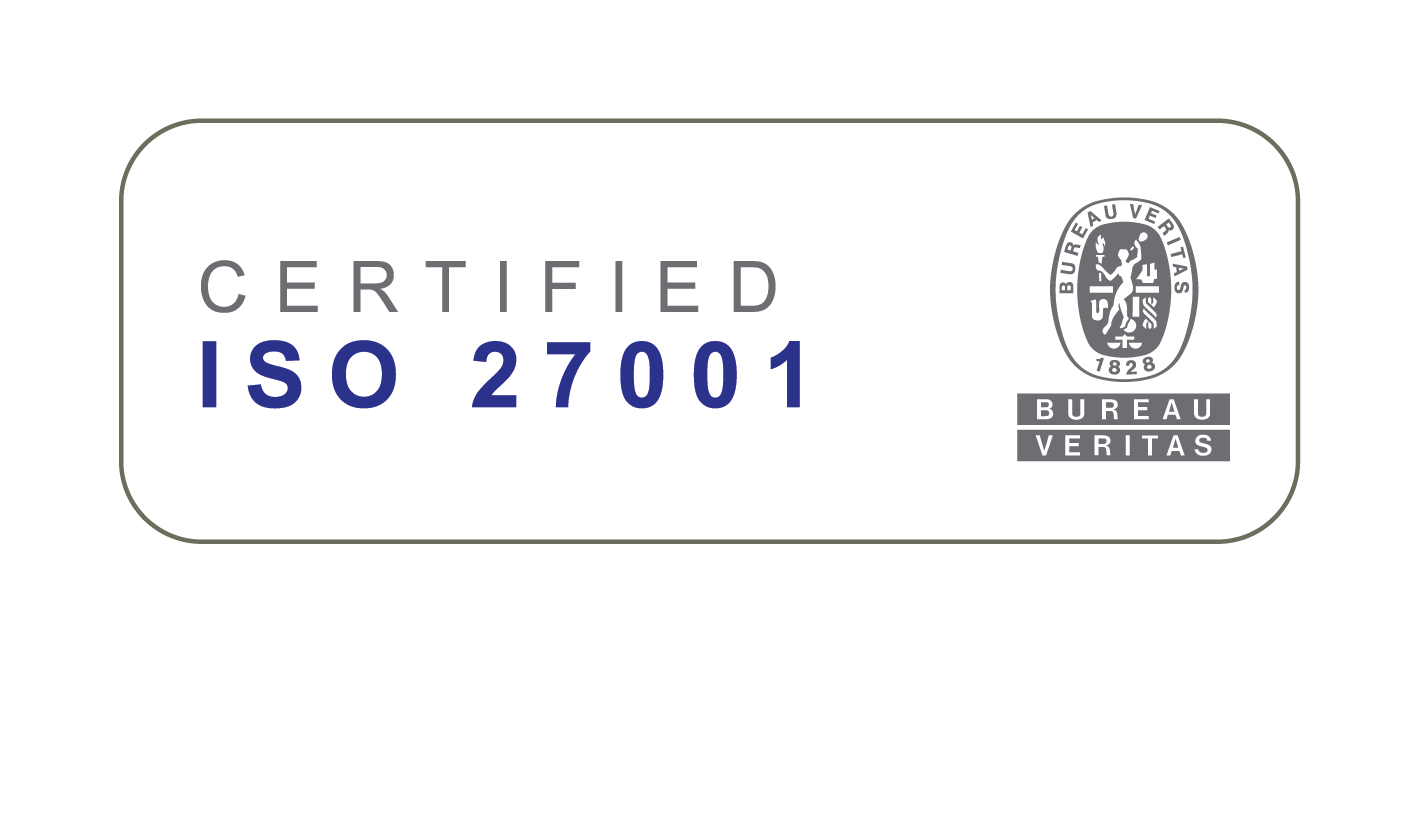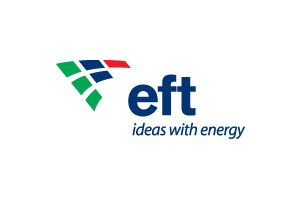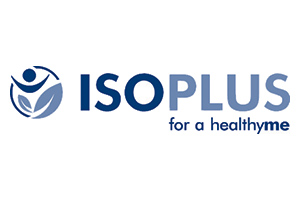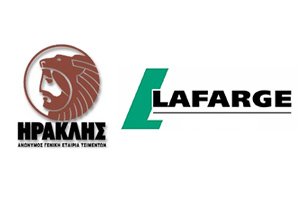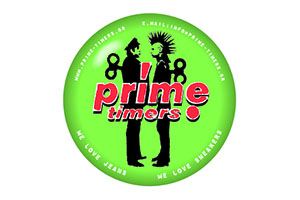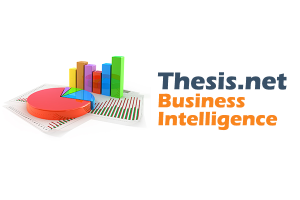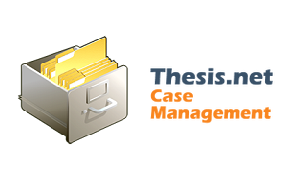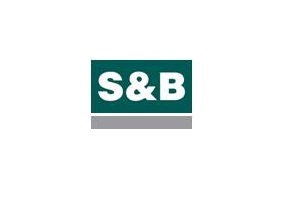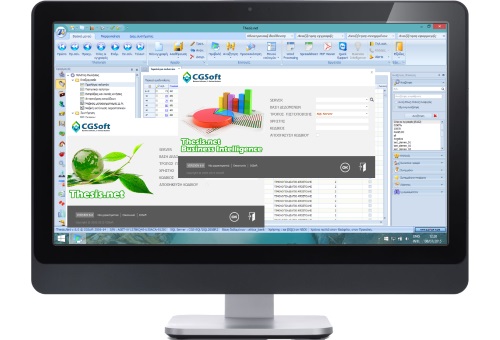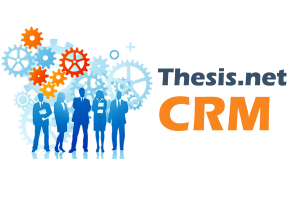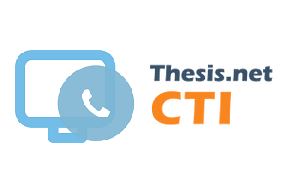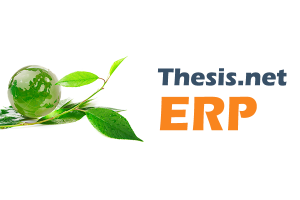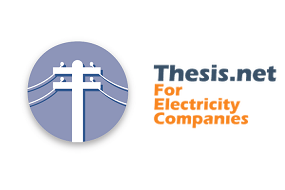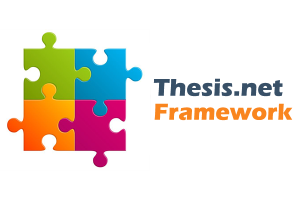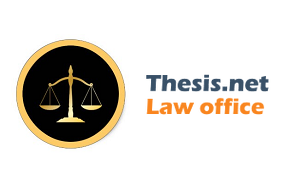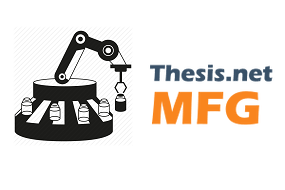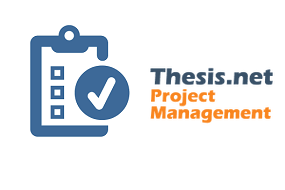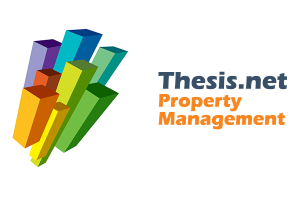Thesis Case Management
Thesis Case Management (Ticketing) Framework helps businesses adapt and respond to the unprecedented demands of the modern day business landscape.
Thesis case Management Framework has been developed bearing the growing importance of knowledge workers within enterprises. It facilitates dynamic exchange of information and collaboration empowering the resolution of unanticipated and unstructured business scenarios.
Dynamic Processes
Empower the enterprise through dynamic processes to respond to ad-hoc or unanticipated business scenarios.
Power to Knowledge Workers
Resolve cases effectively, allowing knowledge workers the scope to make informed business decisions.
Visibility and Management
Analytics for business moment capture, process and business intelligence allows improved visibility across the board and helps better management of business outcomes. It analyzes and visually explores large volumes of unstructured content to unlock new business insights.
Features of Case Management
Process Modeling
Thesis Case Management leverages the Process Modeler to deliver exhaustive process designing. The modeler has been developed bearing in mind the need for guided human judgment the need for which can arise unpredictably.
The process modeling enables process designing through capabilities such as:
- Dynamic process designing
- Ease of managing ad-hoc adjustments in the process design
- Data modeling
- Design of the Mailing policy
- Design of Service Catalogues
- Design of User roles
- Design of user roles
The modeler focuses on the quality of outcome, thereby enabling Case Management style of working. This ensures that each individual case has the optimized process required to handle its intricacies, rather than a one size fits all processes approach.
Content Management
Thesis Case Management handles case centric content lifecycle management. It leverages its native Suite which offers end to end lifecycle management and thereby ensures that Case Workers are always served content in context. Content handling is critical aspect of Case Management framework as it forms the core of informed decision making process undertaken by Knowledge workers.
Thesis Case Management therefore lets businesses design and orchestrates content for easy sharing, and access facilitating informed decisions and seamless collaboration.
Collaboration and Human Interaction
Thesis Case Management processes could be highly complex in nature. CGSoft’s Case Management simplifies case collaboration by leveraging some of its innovative technologies such as Thesis Framework and highly functional User Desktops for Case Workers (Knowledge workers).
Thesis Framework provides businesses the functionality for developing UI personalization, creation of role based workbenches and integration with Thesis Case Management in the WEB. It can be envisaged as a container app in which different features can be configured as per the case workers necessity.
Case Worker Desktop acts like personalized workbenches for every process participant within a case. The desktops are configured to deliver role centric views and access to the participants enabling them to take appropriate decision and action with contextual information.
Thesis Case Management leverages these technologies to run seamless ad-hoc collaboration, enabling change in process design at run time. The Framework also enables the initiation of tasks at run time. It allows the creation of a virtual team for deftly choosing the right resources for each case.
Rules
Rules are the lifeblood of CGSoft’s Framework. They form the driving force behind process flows and orchestration. CGSoft has a native rules engine which guides intricate case transactions, defining process flows and orchestration.
Some features of the rules engine are:
- Business Rule Management engine
- The rules engine is extensive with critical components; namely Service Catalogues, Ticket events, Tickets statuses, Ticket roles, user roles, etc.
- Supports ad-hoc processes, and drives deductive chaining to deliver dynamic changes in rules, without hampering the process edifice.
- Rules are agile and can be changed as per requirements of processes and sub processes.
Analytics
Analytics plays a critical role in Thesis Case Management Framework. Utilizing embedded tools from Thesis Framework and in particular tools as: Graph designer, Report designer, Pivot technology, Dashboard Designer, etc. delivers active and on-demand analytics. Additionally the framework leverages tools for drilled down business intelligence
The analytics engine of the framework delivers intuitive dashboards and drilled down reports which Case workers and managers can easily personalize process for immediate visibility.




